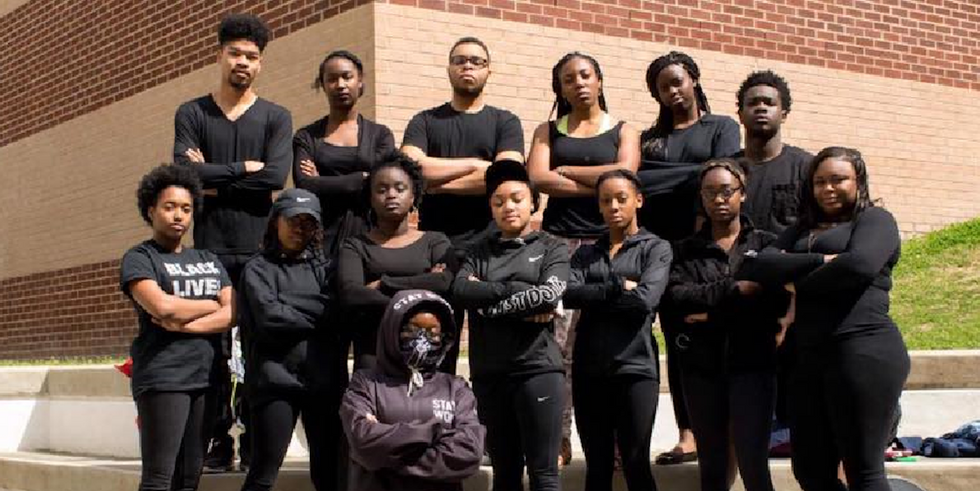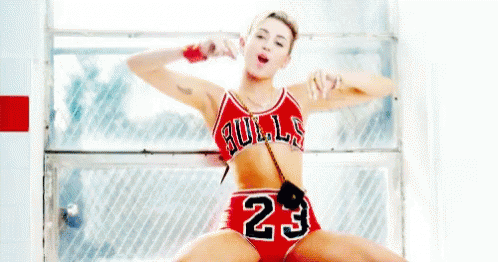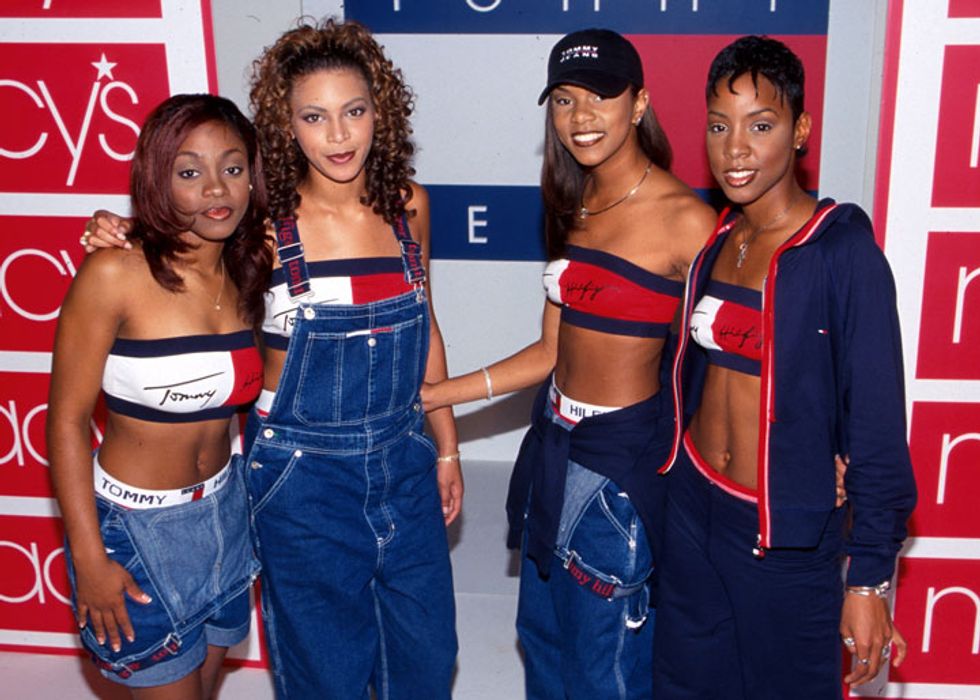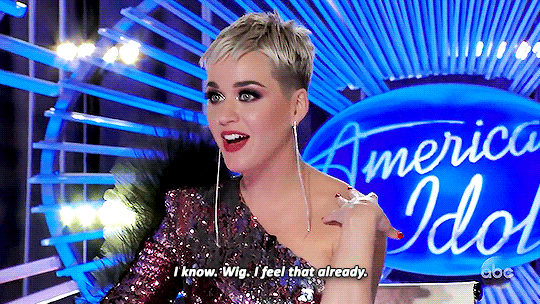So all of a sudden it's cool to be black.
There was a time when being black was probably the worst thing imaginable. It was so innately bad, that it was even banned in many locations.
Then we invented jazz, rock & roll, blues, R&B, rap, and hip-hop.
Hip-Hop is what jump-started an era of blackness being cool. Aspects that were inherently black, specifically black, now gained mainstream attention. The connection to the original piece of the culture becoming lost along the way.
When Hip-hop and Rap first landed on the scene, it was really for the blackest of the black. Coming out of black and Puerto Rican boroughs of New York City, and then in the Southeastern/Mid-Atlantic, and all the way out in L.A., hip-hop was reserved for those publicly and racially outcast.
Then came the 2000s. The 2000s changed the game as far as blending two sectors of the music industry. The 2000s was also the beginning age of the 'good girl, gone bad.' During this time, we saw child stars traditionally seen as America's sweethearts break out into much 'naughtier' versions of themselves. How?
Hip-hop.
Christina Aguilera, Nelly Furtado, Gwen Stefani, Justin Timberlake (he's such a princess), and more musicians crossed genres by partnering with hip-hop artists to make themselves look more 'mature' and cooler; to distance themselves from their sweet pasts. The thing that defines such action as appropriation, rather than a change in style, is that every single musician listed reverted back to the musical styles before taking a turn.
For modern examples, look at Miley Cyrus, Katy Perry, and Taylor Swift: all white, all capitalizing off of black culture, all not speaking out on the issues that face the black community.
Rap & Hip-hop aren't the only ways that black culture has suddenly become cool. Black clothing, style, and hair choices continue to be used without proper acknowledgment to their roots. Fades, designs shaved into heads, high-top cuts, afros, twists, locs, and more all have roots in Black & African styles that are now used everywhere.
In fact, if I see another Dashiki on a person who doesn't know what it means, I'm ripping it off (but that's another article, for another time...) Black musicians continue to dictate what's cool before it even reaches that point! TLC, Will Smith, Tupac, and other celebrities from the 90s made fashion and style choices that are heavily influencing style choices today, and are actually changing what we choose to remember about 90s fashion.
Perhaps one of the most covert ways that black culture is being used to gain clout, is the emergence of AAVE, or African American Vernacular English, outside of predominantly black spaces. Rich, white kids from the suburbs are now using AAVE, without having been exposed to it in space. Why? Twitter.
My plight with AAVE and twitter is that when popular black artists use AAVE, it's (usually) not to gain attention, it's because that is the language that they have used in their life. When some of their followers use AAVE, it's to emulate the kind of notoriety that their idols have. The problem with AAVE is that in many places, it's not at all accepted as a form of communication.
Non-URM (white people, and over-represented racial minorities) might get a sideways glance or a 'why are you talking like that' for using AAVE. In most cases, they will be given the benefit of the doubt. If a URM, specifically a black person uses AAVE, the assumption is that they are not articulate, uneducated, or savage (google: code-switching in Black Youth.) Probably the worst example of appropriation of AAVE is 'Stan culture,' or super fan culture.
Oh Jeez.
Stans are the worst when it comes to using AAVE and not giving the appropriate citations for its existence, by claiming it came for 'twitter stans' rather than Black areas. Like when Adam Rippon said he had been 'sleeping on' Shawn Mendes during an interview with Ellen Degeneres, or when Katy Perry tried to define 'wig' on some other TV show. Stan twitter tried to claim these phrases as starting from them when those terms really dated back to AAVE, especially gay men in the community (also another article for another time.) There is no way for Chanel West Coast to use AAVE, when her hometown was ~6% black.
The thing that separates appreciation from appropriation is the way you acknowledge and give credit to the culture that you are using. Wearing henna during Diwali, or a boubou during an African wedding is not appropriation -- as long as you're doing it knowledgeably and learning about the culture.
Getting locs, or doing bantu knots, wearing a dashiki and using AAVE to sound/look cool is appropriation. You're using another person's culture to be cool, rather than trying to learn. You're taking on the good aspects, and leaving the rest.
That's not how race and culture work. I cannot leave my blackness at the door.
This is what I mean by everyone wants to be a N--- but no one wants N--- problems. If you can't stand up for the issues surrounding the culture, learn about the culture itself, and be comfortable reaching out and interacting with multiple people who identify with that culture, you should not be taking part in that culture.
The amount of ignorance loaded in the statement "black people are so cool" or "I wish I was black so I could dance" is just beyond belief. To assume that your life as a black person would be so great because you'd be yourself but now slightly cooler is justifiably wrong. When I leave America, I see black culture everywhere, but it's just seen as 'American culture.' This isn't how America works. Black culture deserves the credit it's due for changing the world.



















